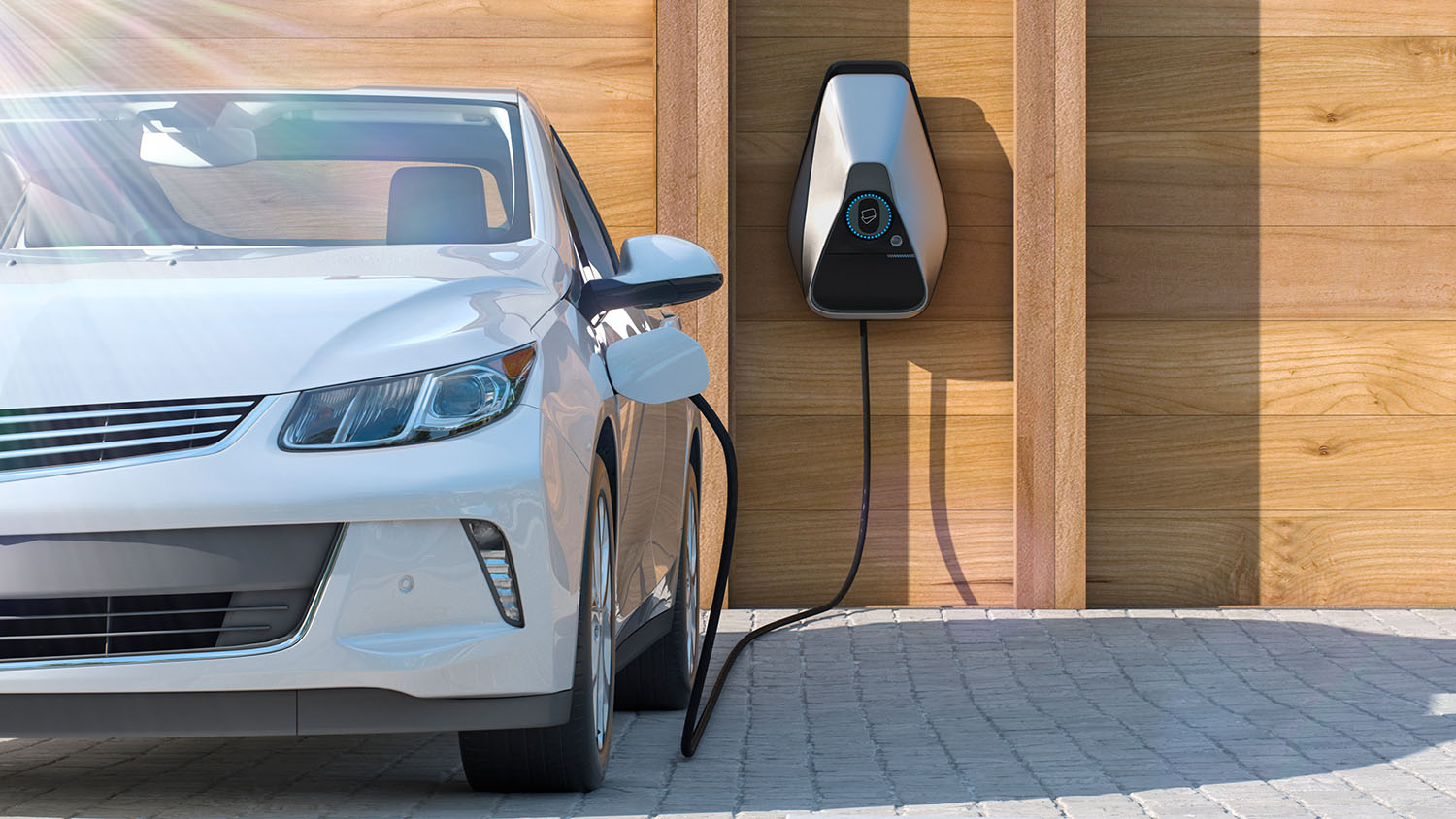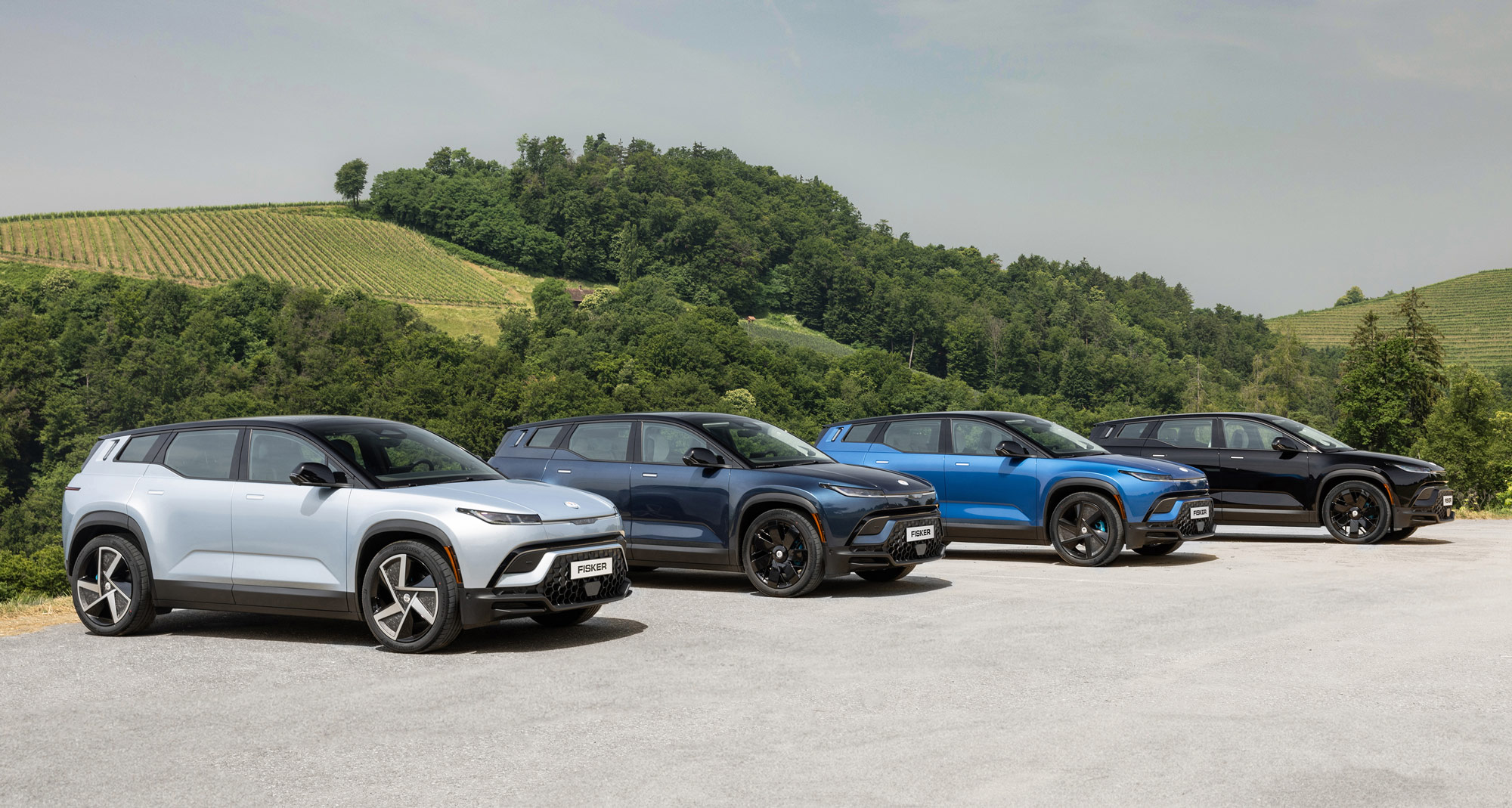How EV Incentives Can Make Ownership More Affordable
Discover what financial inducements you might qualify for to save on your electric vehicle purchase.
 Adobe Stock
Adobe Stock
Article QuickTakes:
Consumers worldwide spent $425 billion on electric vehicles (EVs) in 2022, according to the International Energy Agency, marking a 50% increase globally over 2021.
In the U.S., government and industry alike continue to offer financial incentives for EV purchases. A cost savings for buyers could come from the federal government, state governments, automakers, or some combination of the three.
The Growth of EVs
More than 10 million EVs were sold worldwide in 2022, with sales projected to increase to 14 million by the end of 2023. The U.S. government is committed to making 50% of all new-vehicle sales in the country electric in 2023. With EVs currently holding 14% of the global car market, compared with 4% in 2020, interest in EVs is on the rise.
That said, EV sticker prices tend to be higher than those for gas-powered vehicles, according to automotive research company Kelley Blue Book. Some potential buyers might be concerned about affordability.
Federal EV Incentives
The U.S. government incentivizes the purchase and ownership of EVs through federal credits. Under the Inflation Reduction Act of 2022 (IRA 2022), for example, owners can qualify for an EV purchase credit of up to $7,500 if their chosen vehicle meets specific conditions and if the owner's modified adjusted gross income does not exceed specified amounts. The vehicle owner must purchase the car for their own use, and it must be used primarily in the U.S..
There are also incentives designed to help offset the costs of ownership. The alternative fuel vehicle refueling property credit under the IRA 2022 gives eligible EV owners the chance to earn an EV charging station credit, covering up to 30% of the costs or $1,000 for your main home. These credits have been extended to 2033, thanks to IRA 2022, and can be applied for using IRS Form 8911.
State EV Incentives
Depending on your area, state incentives could provide you with another way to save on your EV purchase. States such as California have databases showing location-specific incentives that could save you money if you qualify. Low-income residents of Northern California's Bay Area near San Francisco, for example, have the chance to qualify for a grant of up to $9,500 by replacing their 1996 or older vehicle with an EV through the local government program Clean Cars for All.
Other states, such as Colorado and Maryland, offer various tax credits to help offset the costs of EV purchases. Overall, state incentives range from electric company time-of-use rates to rebate programs. If you're not sure whether your state offers any EV tax credits, you can try the U.S. Department of Energy's incentive search tool to look up local offers.
How EV Manufacturers Are Leveraging Incentives
Some auto manufacturers offer their own incentives to help offset EV ownership costs. For example, Chevrolet will cover the installation of a Level 2 home charging station for qualifying customers who buy a new Bolt EV or Bolt EUV.
Additionally, to help possible buyers take advantage of the savings opportunities that may be available to them, some manufacturers will include information about federal, state, and local incentives on their EV-focused web pages. EV manufacturer Tesla, for instance, has an incentives list covering federal and state benefits. Meanwhile, Nissan has a dedicated tool that allows users to build their Leaf's final price by factoring in relevant incentives tailored to their location.



